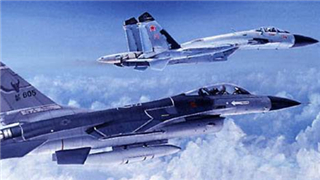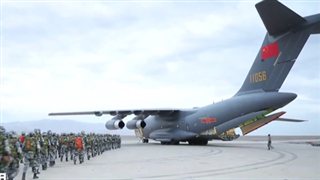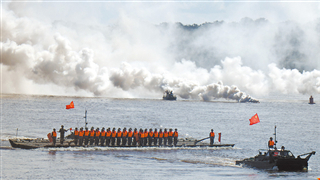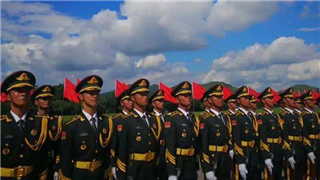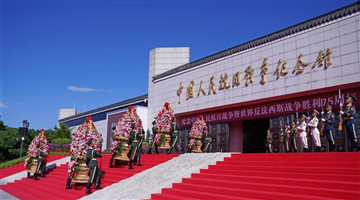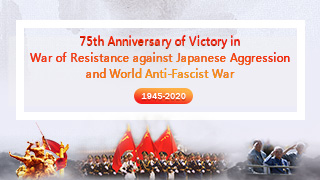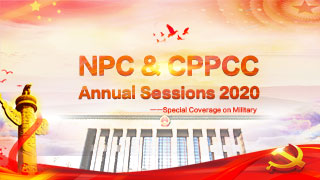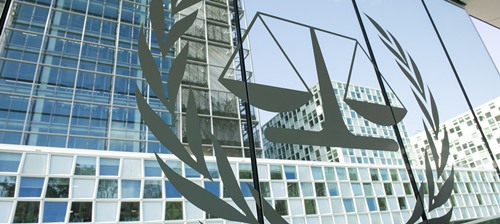
By Nie Shuyi
US Secretary of State Mike Pompeo announced that the US would sanction Fatou Bensouda, chief prosecutor of the International Criminal Court (ICC), and Phakiso Mochochoko, head of the Jurisdiction, Complementarity and Cooperation Division at the ICC on September 2, local time. Pompeo said that the State Department has imposed visa restrictions on individuals involved in investigations of US personnel, and individuals and entities that continue to provide material support to the sanctioned will also face risks of sanctions. The US government's sanctions against the individual staff of the ICC are a direct attack on the judicial independence of the institution and may also undermine victims' chances of obtaining justice. From individuals to companies, from countries to international organizations, the radius of the USgovernment's sanctions stick is getting bigger and bigger, and American hegemony has repeatedly set the new low of ignoring international rules.
The underlying purpose of the Trump administration's sanctions against ICC officials is actually to infringe on the legitimate rights of them and their families, and threaten those companies and individuals that may have economic and financial ties with the sanctioned, thereby undermining and preventing ICC from investigating war crimes committed by US military and intelligence agencies in Afghanistan. "The Trump administration's perverse use of sanctions obstructed judicial justice. It is an ignorance of the victims and those who seek justice from the ICC," said Richard Dicker, director of Human Rights Watch's international justice program.
Imposing unilateral sanctions is an important means for the US to maintain its hegemony. In essence, international sanctions are determined by the asymmetry of the international system. The reason why the US can abuse the principle of long-arm jurisdiction to impose sanctions on foreign individuals or governments of other countries is precisely because it has a strong monopoly position in the international trade and financial system. This monopoly position enables the US to surpass the territorial principle and nationality principle followed by the implementation of laws in most countries. Even if the parties are not Americans, not in the US, or their actions are not directly related to the US, the US Department of Justice can still have "jurisdiction"as long as there is any minimal link to the US.
Based on its core position in the global economy, the US has forcibly taken actions against companies or individuals around the world in the hope of maintaining its hegemony in international political and economic fields. US opponents such as Iran and Venezuela, as well as multinational giants such as Toshiba of Japan and Alstom of France, are all victims of US unilateral extraterritorial sanctions. The US has been continuously suppressing Huawei recently, which is also an example of how the US abused its long-arm jurisdiction and imposed unilateral sanctions in order to safeguard its technological hegemony.
It is very rare in history to see a country like the US government to abuse unilateral sanctions to coerce other countries and even international organizations. In the past two years, in addition to continuously increasing sanctions against Iran, Venezuela and other US "hostile" countries, the US has also knocked the big stick of economic sanctions on its allies: maintaining a 15 percent tariff on large civil aircrafts made by France's Airbus; imposing again a 10 percent tariff on some aluminum products exported from Canada to the US; sanctioning two UAE companies and freezing their assets in the US on the grounds of supporting Iran Air.According to the statistics of the law firm Gibson, Dunn & Crut, the US government imposed a total of more than 3,200 sanctions on foreign entities and individuals from 2017 to In 2019, and European companies became the biggest victims of US unilateral sanctions.
The US, which holds high the banner of "America First" and pursues a unilateral foreign policy, has long been addicted to sanctions. Arbitrarily swinging the stick of sanctions at ICC officials is a true portrayal of how US foreign diplomacy became "sanctions diplomacy." Such unscrupulous abuse of unilateral extraterritorial sanctions will only reinforce its role as a "troublemaker" in the world.
Disclaimer: This article is originally published on haiwainet.cn, which is the website of Overseas Edition of the People's Daily. The article is translated from Chinese into English and edited by the China Military Online. The information, ideas or opinions appearing in this article do not necessarily reflect the views of eng.chinamil.com.cn.
